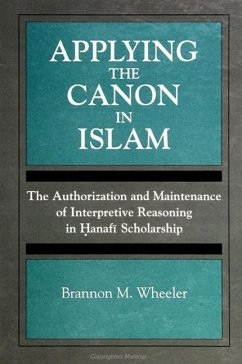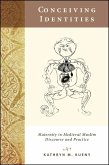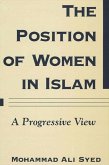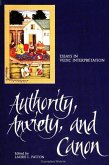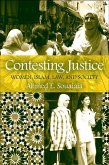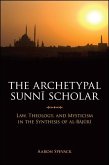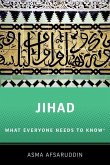Using examples from Islamic law, Ndembu divination, and Aranda religion, this book argues how the notion of "canon" is used to authorize and maintain certain types of interpretive reasoning and the social institutions that employ them. The bulk of the book outlines how the Hanafi school of Islamic law was able to legitimize itself by extending the canonical authority of the Quran to the sunnah of the prophet, the opinions of selected local authorities, and the scholarship of earlier generations. The Hanafi example shows that the application of canon is not about overcoming the limits of a "closed" text but rather about imposing limits on a range of interpretations made possible by a variegated and malleable textual corpus.
Hinweis: Dieser Artikel kann nur an eine deutsche Lieferadresse ausgeliefert werden.
Hinweis: Dieser Artikel kann nur an eine deutsche Lieferadresse ausgeliefert werden.

